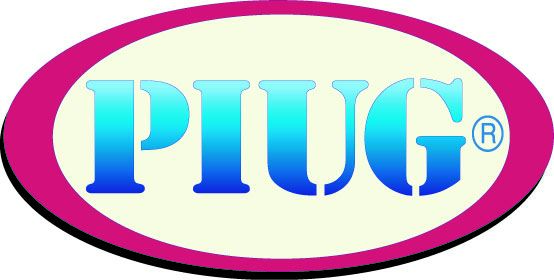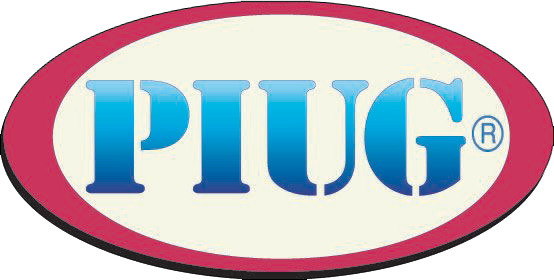Practitioner Response BCreated by Martin Wallace on the PIUG wiki on Aug 26, 2008 There are no licenses nor requirements necessary, but a good background in the sciences is very helpful. Stephen Adams of Magister is widely regarded as one of the (if not the) top in the field in terms of knowledge, and he has (a wealth) of experience in patent searching, though I don't believe he is either an agent or an attorney. Many people will become a US Patent Agent, however, to help acquaint themselves with US patent law and also to give them some credentials, especially if they are going to become an independent searcher. Such is not necessary, however, but it does show a particular background in patent law and also provides the person with the ability to also write the patent application, making marketing a bit more appealing to an applicant. Check the USPTO website for details, but basically, anyone (from any country) with a degree in science or engineering, or arguably a similar background, can apply (I believe it's a $300 or so fee to take the test). One has to pass the patent bar exam which consists of two sections; patent law and claims drafting. It is best not to try to pass this test without studying as typically it takes several months to a year (several hours per week) to study for the exam. There are courses available and they are pretty good, though they do run about $2500. One is offered by the Practising Law Institute and the other by the Patent Resources Group (the much talked about Irving Kayton class). I took Dr. Kayton's class and found it very worthwhile as it gave more than just instructions and practice on how to pass the test; it covered what laws are needed to work in the area. The courses are typically a week long and can be taken via video disk or in person; the in person class allows one to ask questions, though most of the lectures are of the "talking head" variety and are similar to the video disks in terms of presentation. There is also an annual course given by the WON folks in The Netherlands which teaches patent searching, and indeed, one of the instructors is Stephen Adams. Also, there is a summer institute held at the Franklin Pierce Law Center in Concord, New Hampshire in the US that covers patent searching. Many searchers depend upon training by the various hosts (Dialog, Thomson, STN, Questel, etc.) which often is free and usually involves the vendor's experts. Also, attendance at various conferences (PIUG of course, but also IPI in Europe) and the pre- and post-conference meetings. Many patent searchers are members of AIIP, the independent searchers group, as there are discounts and such for members for access to various systems. There was talk a few years ago of licensing searchers, but that has fallen by the wayside. The USPTO thought that patent searches should be outsourced and so they wanted to license people who could do such searches for applicants, but the patent office lost interest in this. Now the USPTO wants to require people to use its templates to perform searches. |
In this Section:
Mailing Address: 40 E. Main St., #1438 Newark, DE 19711 Phone: +1 (302) 660-3275 Fax: +1 (302) 660-3276 Email: PIUGinfo@piug.org Webmaster: webmaster@piug.org | Notice on use of PIUG name and logo: No one may use the PIUG name or logo for any promotional or commercial purpose or any other purpose without the prior written consent of the PIUG Board of Directors. |
Antitrust Policy | Bylaws | Copyright and Disclaimer
© 2024 The Patent Information Users Group, Inc.
 Search
Search Community
Community Job Board
Job Board
